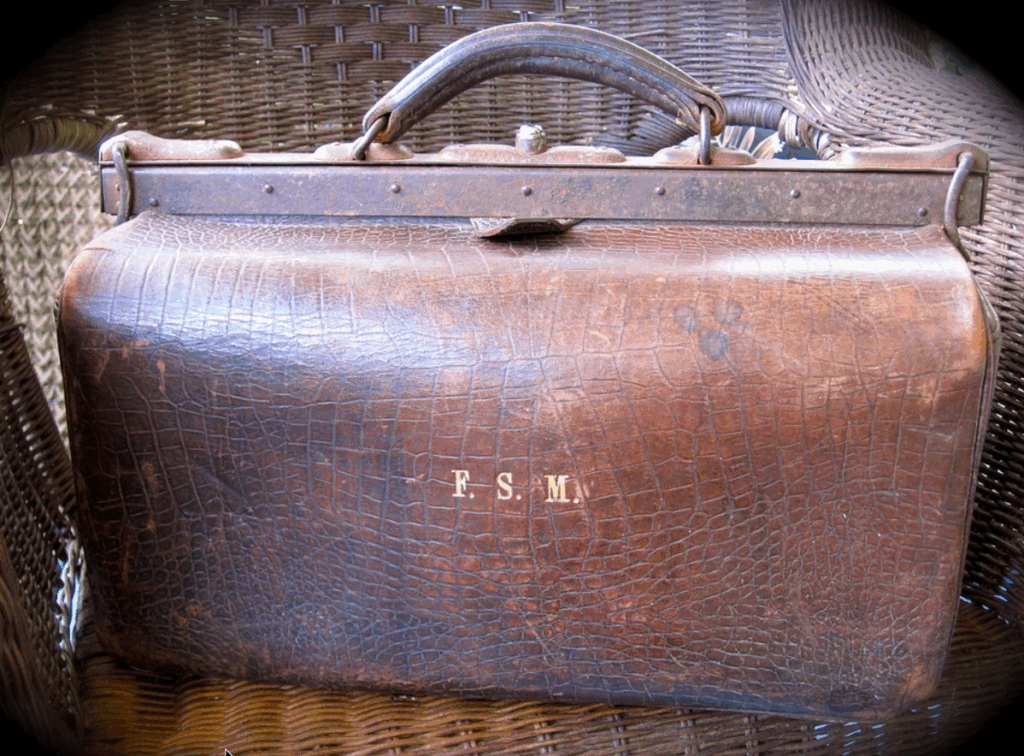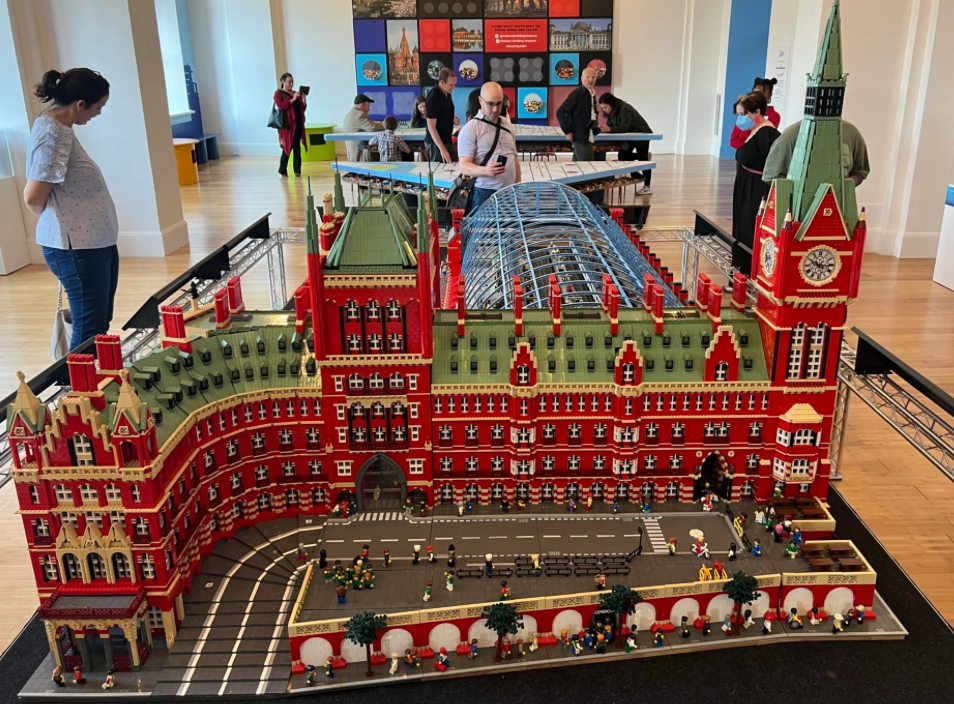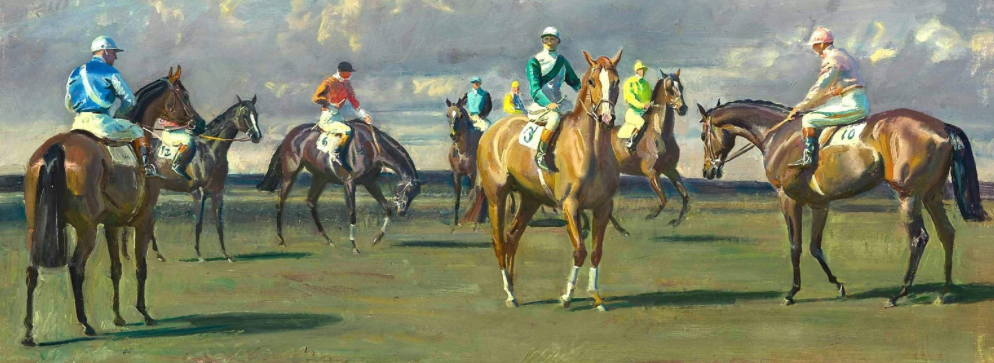24 September, 1889:
1st Oct: Meeting
Middleditch at 9. worked with him till 12.30.
Then writing till 4. called at all[?] in Strand
(to L.W.)
& ordered nice Gladstone bag for Bertie’s 21st birthday present.
left St. Pancras at 5 for Newmarket to stay
with Russie Walker.

When I chose this diary entry to discuss, I did not know it would lead to a mystery. Sullivan says he ordered a “nice Gladstone bag” for the twenty-first birthday of his nephew, Herbert Sullivan, or “Bertie”. Foolishily I jumped to the conclusion that today is Herbert’s birthday. Then I remembered that I do not know Herbert’s birthday, so I looked it up on Wikipedia. Overall, the Wikipedia articles related to Arthur Sullivan are excellent and well curated. But looking at the entry for Bertie, I see it shows his dates as 13 May 1868 – 26 November 1928. Sounds reasonable enough. Except that 13 May is Sir Arthur’s birthday. Coincidence? If it is, why is Arthur Sullivan ordering a birthday present for Herbert Sullivan in September?
Confused, I sent a line to my go-to source in the world of Wikipedia. He tells me Bertie’s birth date comes from Arthur Jacobs’ Sullivan bio, Arthur Sullivan: A Victorian Musician—a book I highly recommend but which is 41 years old today. Nowadays we are blessed with online sources Mr. Jacobs could never imagine. Within two hours we had both independently established that Bertie’s true birthday is almost certainly 31 August. But that still doesn’t explain the lateness of Sullivan’s gift!
Did Sullivan usually note Bertie’s birthday?
No, not at all. After today’s entry, there is one entry on 31 August, 1894 that reads “Very wet. worked. Bertie’s birthday. 26.”
Sullivan, stretched thin.
Today is just one day in a very busy time for Sullivan. He is composing his upcoming comic opera, The Gondoliers, which will open in just 75 days. He is also conducting the triennial Leeds Music Festival, a four-day event starting on 9 October. He spends several hours this morning with Middleditch, who is almost certainly Mr. F.W. Middleditch, a percussionist and a music librarian for both the Royal Italian Opera (Covent Garden) and the Leeds Festival. Their meeting probably had to do with preparing music and instruments for the festival.
Then Sullivan spent some hours working on The Gondoliers. Then he went to somewhere on Strand, the famous street in central London. I can’t make out the name; it might be a shop. The marking (to L.W.) generally indicates writing to his mistress, Fanny Ronalds. The reason that note appears in mid-sentence is probably because Sullivan usually notes his correspondence at the end of a diary entry. I believe the “& ordered…” part of the sentence was added later.

The note at the top—”1st Oct: Meeting”—is penciled in. This might be a reminder of an upcoming Leeds rehearsal, but is perhaps more likely referring to the “1st October meeting” of Newmarket races. Even though Sullivan has buried himself with work preparing the festival, its orchestra, its chorus, its music, and its soloists, while he is composing The Gondoliers, today he will leave for Newmarket to spend two days at the race track with his friend Russell (“Russie”) Walker.
Walker and Sullivan are so close, in 1900 Russie became one of Sullivan’s “chief mourners.” When Walker himself died in 1922, it was reported that he was the oldest member of the Portland Club, “having been elected in 1871, and he has been chairman of it for many years.” The Portland Club, and the single word “Portland” is probably the noun which most often occurs in Sullivan’s diaries. It is a card playing and billiards club in London, and I believe it is still going strong.

